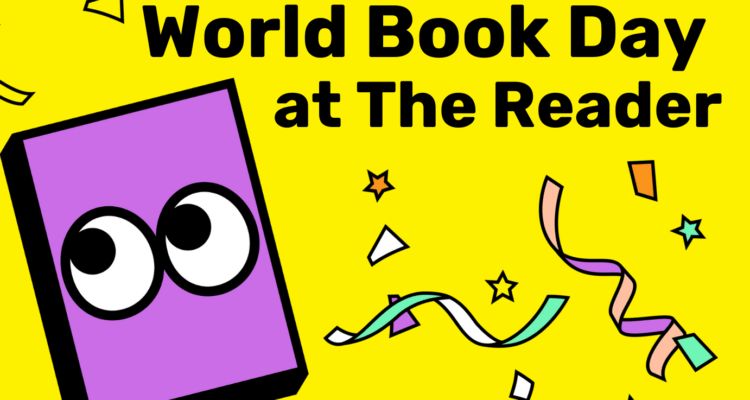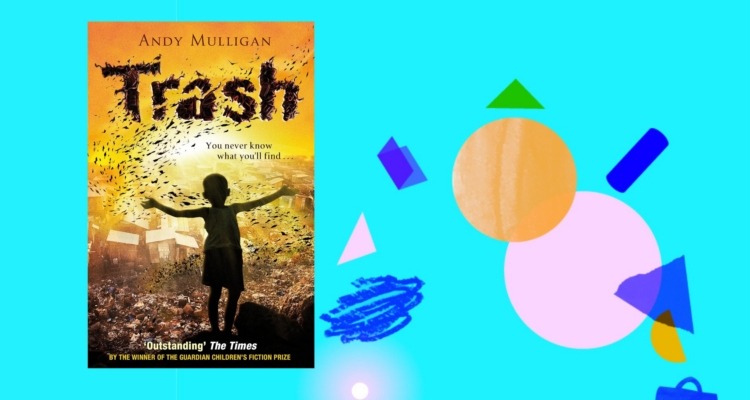The Literary Feedback Loop
There's a lot of discussion in American book circles these days about the declining coverage of books in major newspapers, in particular the New York Times. This piece in the Columbia Journalism Review argues that a 'tipping point' has been passed and that coverage is now falling precipitously:
Yet a close look at the history of how America’s newspapers have treated books as news suggests that while the drop in such coverage is precipitous, it is not altogether recent. In the fall of 2000, Charles McGrath, then editor of The New York Times Book Review, the nation’s preeminent newspaper book section by virtue of longevity, geography, ambition, circulation, and staff, was already lamenting the steady shrinkage of book coverage. “A lot of papers have either dropped book coverage or dumbed it way down to commercial stuff. The newsweeklies, which used to cover books regularly, don’t any longer,” McGrath told a Times insert profiling the Book Review.
I'd like to see figures for the increase in book reviewing elsewhere though, particularly online. I suspect this is more to do with the newspapers' business model than with a lack of desire for book reviews.
Despite the decline in book reviewing the big American book review pages still come up with great things. This piece in the Washington Post about the science fiction writer William Gibson is a sign that all is not lost, in terms of quality at least:
Back when it was a more meaningful phrase, Gibson achieved renown for writing "science fiction." He famously invented the word "cyberspace" in his 1984 novel "Neuromancer," which has sold more than 6 1/2 million copies. This was before virtually anyone -- including him -- knew that something called the Internet was being born. He is also credited with inventing the idea of the "matrix," as well as foreseeing some of the twistiest aspects of globalization.
Reading Neuromancer now is a little like reading the manual for a computer from 1990--surely it could't work like that, you think. The curious thing is that once Neuromancer was out there software designers who had read it were no doubt inspired by the ideas in it. The networks and the virtual worlds they built and are still building--Second Life, and even Facebook--are fulfilling a prophesy that may not have come true had someone not made it in the first place. Literature and technology in a great big feedback loop. Who says books are not relevant any more?
Posted by Chris Routledge
Share
Related Articles

World Book Day® and The Reader celebrate the fun of reading
National reading charity World Book Day is partnering with Shared Reading charity The Reader for a fun-filled day in…

February’s Title Pick for Children: Trash by Andy Mulligan
Through our Bookshelf this year we are exploring the different places that people call home. From the very beginning…

February’s Title Pick for Adults: Great Expectations by Charles Dickens
Great Expectations by Charles Dickens The Reader’s staff and volunteers have been leading Shared Reading groups in many different…


